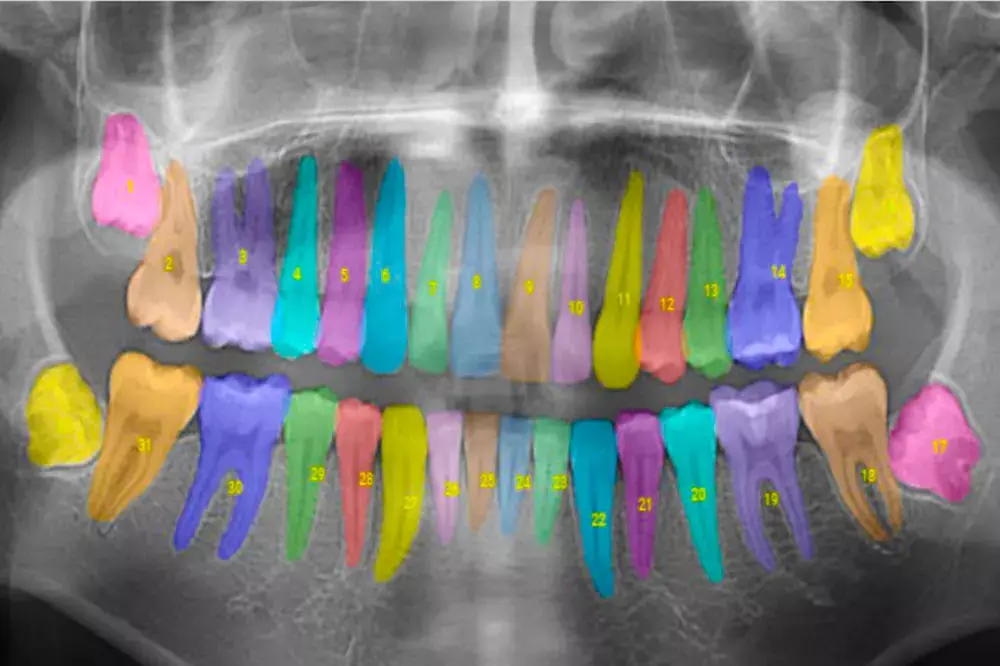- Home
- Medical news & Guidelines
- Anesthesiology
- Cardiology and CTVS
- Critical Care
- Dentistry
- Dermatology
- Diabetes and Endocrinology
- ENT
- Gastroenterology
- Medicine
- Nephrology
- Neurology
- Obstretics-Gynaecology
- Oncology
- Ophthalmology
- Orthopaedics
- Pediatrics-Neonatology
- Psychiatry
- Pulmonology
- Radiology
- Surgery
- Urology
- Laboratory Medicine
- Diet
- Nursing
- Paramedical
- Physiotherapy
- Health news
- Fact Check
- Bone Health Fact Check
- Brain Health Fact Check
- Cancer Related Fact Check
- Child Care Fact Check
- Dental and oral health fact check
- Diabetes and metabolic health fact check
- Diet and Nutrition Fact Check
- Eye and ENT Care Fact Check
- Fitness fact check
- Gut health fact check
- Heart health fact check
- Kidney health fact check
- Medical education fact check
- Men's health fact check
- Respiratory fact check
- Skin and hair care fact check
- Vaccine and Immunization fact check
- Women's health fact check
- AYUSH
- State News
- Andaman and Nicobar Islands
- Andhra Pradesh
- Arunachal Pradesh
- Assam
- Bihar
- Chandigarh
- Chattisgarh
- Dadra and Nagar Haveli
- Daman and Diu
- Delhi
- Goa
- Gujarat
- Haryana
- Himachal Pradesh
- Jammu & Kashmir
- Jharkhand
- Karnataka
- Kerala
- Ladakh
- Lakshadweep
- Madhya Pradesh
- Maharashtra
- Manipur
- Meghalaya
- Mizoram
- Nagaland
- Odisha
- Puducherry
- Punjab
- Rajasthan
- Sikkim
- Tamil Nadu
- Telangana
- Tripura
- Uttar Pradesh
- Uttrakhand
- West Bengal
- Medical Education
- Industry
Literacy around artificial intelligence in oral health may help increase use of its application

Researchers have found in a new study that core curriculum on oral and dental AI may help to increase oral and dental healthcare providers' literacy around AI, allowing them to critically appraise AI applications and to use them consciously and on an informed basis.
The findings of the study has been published in the Journal of Dentistry
Artificial intelligence (AI) is swiftly entering oral health services and dentistry, while most providers show limited knowledge and skills to appraise dental AI applications. We aimed to define a core curriculum for both undergraduate and postgraduate education, establishing a minimum set of outcomes learners should acquire when taught about oral and dental AI. Existing curricula and other documents focusing on literacy of medical professionals around AI were screened and relevant items extracted. Items were scoped and adapted using expert interviews with members of the IADR's e-oral health and education group and the ITU/WHO's Focus Group AI for Health. Learning outcome levels were defined and each item assigned to a level. Items were systematized into domains and a curricular structure defined. The resulting curriculum was consented using an online Delphi process.
Four domains of learning outcomes emerged, with most outcomes being on the "knowledge" level:
Basic definitions and terms, the reasoning behind AI and the principle of machine learning, the idea of training, validating and testing models, the definition of reference tests, the contrast between dynamic and static AI, and the problem of AI being a black box and requiring explainability should be known.
Use cases, the required types of AI to address them, and the typical setup of AI software for dental purposes should be taught.
Evaluation metrics, their interpretation, the relevant impact of AI on patient or societal health outcomes and associated examples should be considered.
Issues around generalizability and representativeness, explainability, autonomy and accountability and the need for governance should be highlighted.
Falk Schwendicke, Akhilanand Chaurasia, Thomas Wiegand, Sergio E. Uribe, Margherita Fontana, Ilze Akota, Olga Tryfonos, Joachim Krois. Artificial intelligence for oral and dental healthcare: Core education curriculum, Journal of Dentistry, 2022, 104363, ISSN 0300-5712, https://doi.org/10.1016/j.jdent.2022.104363.(https://www.sciencedirect.com/science/article/pii/S0300571222004158)
Dr. Shravani Dali has completed her BDS from Pravara institute of medical sciences, loni. Following which she extensively worked in the healthcare sector for 2+ years. She has been actively involved in writing blogs in field of health and wellness. Currently she is pursuing her Masters of public health-health administration from Tata institute of social sciences. She can be contacted at editorial@medicaldialogues.in.
Dr Kamal Kant Kohli-MBBS, DTCD- a chest specialist with more than 30 years of practice and a flair for writing clinical articles, Dr Kamal Kant Kohli joined Medical Dialogues as a Chief Editor of Medical News. Besides writing articles, as an editor, he proofreads and verifies all the medical content published on Medical Dialogues including those coming from journals, studies,medical conferences,guidelines etc. Email: drkohli@medicaldialogues.in. Contact no. 011-43720751


